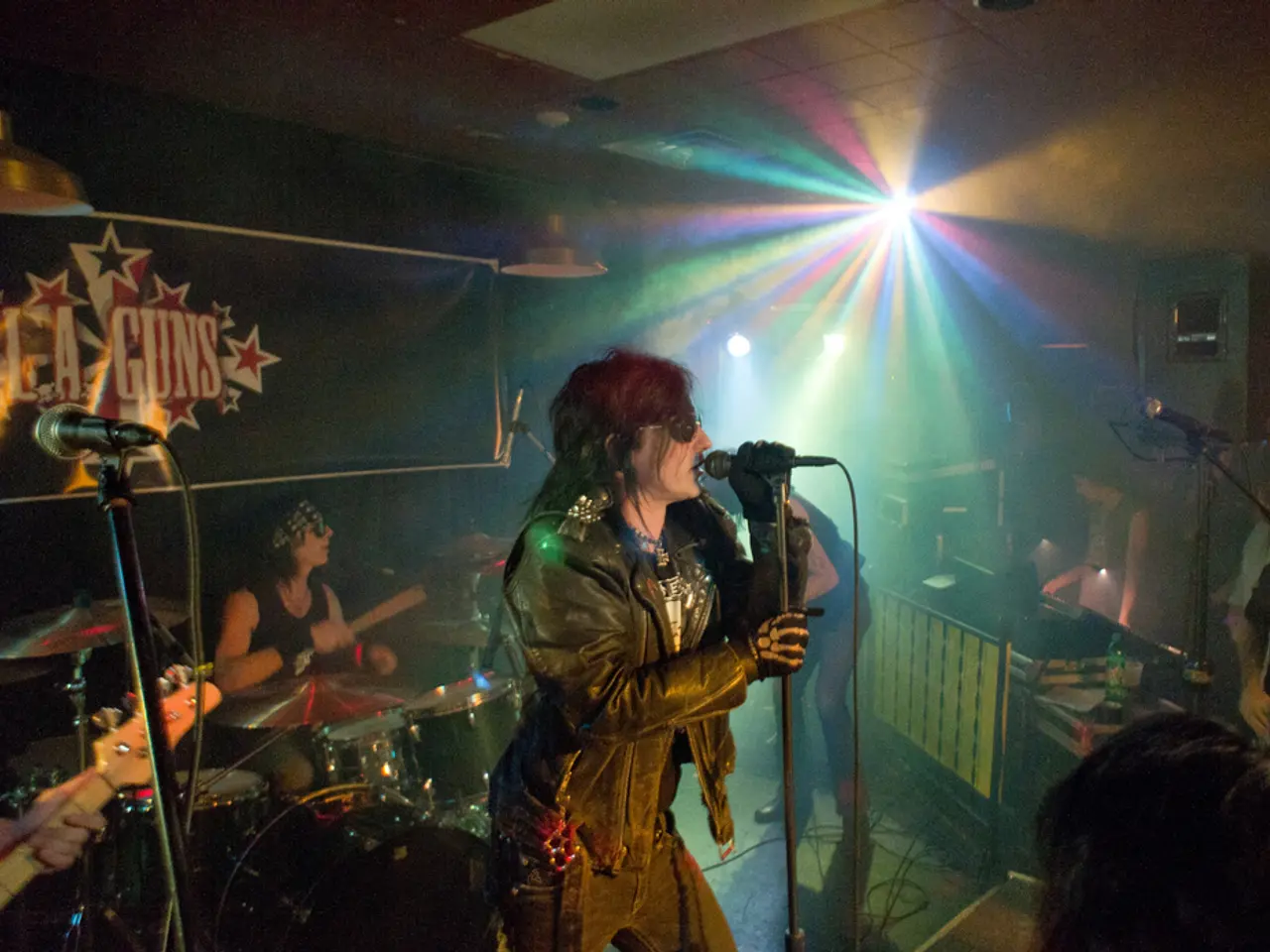A Call for Radical Change or Upheaval
In the heart of apartheid South Africa, music served as a powerful force for change and unity among Black youth. One of the few Black artists that Valmont Layne, a young boy growing up during this tumultuous time, listened to was Margaret Singana. However, it was R&B and South African jazz that truly played a significant role in radicalizing Valmont and shaping his political consciousness.
During this era, only one radio program was allowed to play Black music from America. People would share R&B records through informal networks, making them precious commodities. Earth Wind & Fire, Bob Marley, and The Whispers were among the music that Valmont Layne grew up with. Initially, his musical tastes were driven by a desire for a soundtrack to accompany going to dances and meeting girls. But as he grew older, his interest in music deepened, and he began to appreciate its political and cultural significance.
R&B music was difficult to access during Valmont Layne's childhood and adolescence. Black South African musicians faced restrictions from white-owned record labels and were often confined within tribal or racial boundaries, limiting their ability to reach wider audiences. However, R&B's fusion with local rhythms and jazz helped create hybrid genres that resonated with urban Black youth navigating systemic oppression.
Artists like Robbie Jansen and bands like Pacific Express incorporated styles from American R&B and jazz, crafting a sound that voiced everyday township life and subtle defiance against apartheid's racial segregation. Earth, Wind & Fire, though American, had significant cultural influence on South African youth and musicians. Their blend of R&B, funk, and African rhythms inspired local artists to embrace African identity and pan-African solidarity in their music.
Linton Kwesi Johnson, a British-Jamaican dub poet and activist, also influenced South African youth by exemplifying how music and poetry could be vehicles for political expression and Black consciousness outside the mainstream. His work highlighted issues of racial injustice and systemic oppression felt across the African diaspora, resonating deeply with South African Black youth and activists.
These artists and the R&B genre served as cultural bridges that connected South African Black youth to a broader Black diaspora experience, amplifying awareness of apartheid's injustices and nurturing a collective cultural identity rooted in resistance and hope, despite oppressive censorship and media segregation.
| Artist/Aspect | Role in Shaping Political Consciousness and Cultural Identity | |------------------------|--------------------------------------------------------------------------------------------| | Earth, Wind & Fire | Influenced musical style and pan-African pride by blending African rhythms and R&B/funk | | Robbie Jansen | South African jazz musician blending local and R&B styles reflecting township life/resistance | | Pacific Express | Band integrating jazz, R&B, and local sounds to voice subtle political/social critique | | Linton Kwesi Johnson | Dub poetry articulating racial injustice and diaspora solidarity, inspiring political awareness | | R&B Music Genre | Fused American and local styles, providing rhythmic and lyrical frameworks for cultural pride and political expression under censorship |
The desire for this music was not just about cachet and coolness. It was a desire for connection, for a sense of belonging to a broader Black diaspora. For Valmont Layne and his peers, this music was a beacon of hope, a testament to resilience, and a symbol of the power of art to challenge oppressive systems.
References:
[1] Hlongwane, M. (2018). "South African jazz and the struggle against apartheid." African Music: Journal of Pan African Studies, 10(1), 1-21.
[4] Hlongwane, M. (2019). "The politics of South African jazz: From apartheid to democracy." South African Journal of Musicology, 59(1), 1-22.
[5] Mbembe, A. (2016). "Necropolitics." Public Culture, 28(1), 11-40.
- In the heart of South Africa's tumultuous apartheid era, R&B music and other genres served as a crucial platform for nurturing political consciousness among Black youth, bridging the gap to a broader Black diaspora and offering a symbol of hope amidst oppressive systems.
- Amidst the limitations imposed on Black artists in South Africa, fusion genres like R&B music and South African jazz played a significant role in voicing everyday township life and subtle defiance against racial segregation, encouraging political and cultural awareness among the urban Black youth.








